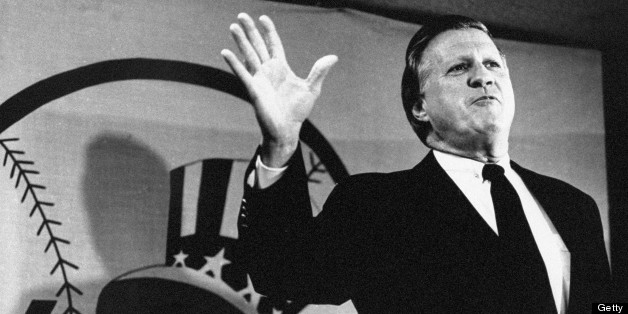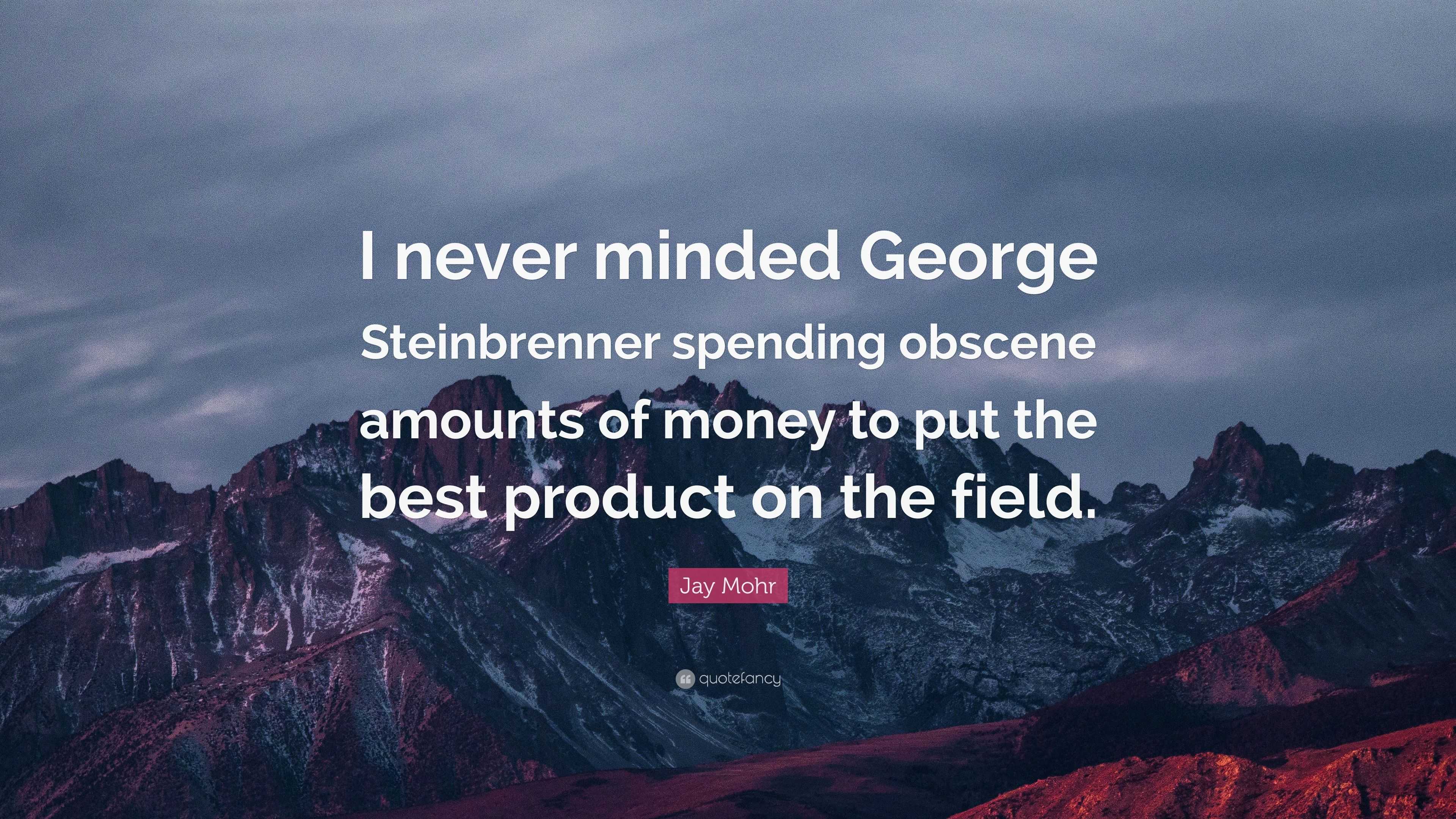Good morning, afternoon, or evening wherever you are when
you are reading this. Hopefully your day is going well, you left your blinders
at home and your rose-colored glasses did not match your favorite shirt and
pants combination today because I am going to make a statement that is not only
going to be an unpopular one, but it’s going to be true as well. I have grown
increasingly impatient with the Yankees fan base as a whole recently and, for
what it’s worth, a lot of you out there have completely gone off the
reservation here. The fans that I am speaking of know what I mean, and they
know who you are. These fans are ready to fire Aaron Boone, a rookie manager
who is managing the second-best team (record wise) in Major League Baseball,
Larry Rothschild, a great and well-respected pitching coach, and Brian Cashman,
an amazing General Manager that has not only rebuilt this team but rebuilt a
decimated farm system as well. These fans also want to demote (FYI, so-called
fans, you can’t) Gary Sanchez, Greg Bird, Luis Severino and others (Giancarlo
Stanton not too long ago) because they are failing seven or eight times out of
every ten at-bats in a game that says you are great, not just good, for doing
exactly that. These fans are also extremely quick to mention the fact that this
situation would not be going on if George Steinbrenner, the Boss, were still
alive. Um, excuse me? If anything, the situation is the way it is today BECAUSE
of the Boss.
No disrespect to George Steinbrenner, I fully respect the
man and what he did not only for the New York Yankees, but for the game of
Major League Baseball as a whole. Let’s be real though, depending on how long
on this timeline you want to go back on, the reason the New York Yankees are
even in the situation they are in right now is because of the Boss, not because
of Hal Steinbrenner “the coupon clipper.”
The luxury tax threshold came about because of teams and
owners who heavily spent on free agents and on the international market. There
once was a time where the New York Yankees owned everything, some may remember,
and some may not. If there was a free agent on the market that the Yankees
wanted, they got him. If that free agent didn’t work out instantly and there
was an upgrade on the trade market that July, the Yankees got him too. If there
was an international phenom coming over named Jose Contreras or Hideki Irabu,
the Yankees got them too. Who was the man at the helm making all these
decisions and signing off on all these paychecks? George Michael Steinbrenner
III.
What was the league to do in order to counteract this? What was
the Players Association to do? The only thing that they could to in order to
not only curtail the dominance and the spending by the Yankees (who, if you
remember, had their own television network in an era where this was virtually
unheard of, unlike today) was to somehow implement a way to cap spending and
bring some sort of normalcy and parity back into the game. Enter the original “competitive
balance tax” and how it started way before it was implemented before the 1997
season. Let’s go back to the strike of 1994 that ended the season prematurely
and ultimately cancelled the World Series. Much of what caused the strike was
the disagreement between the league, the players and the owners over the
control and power the teams had over their players in the salary department.
Small market teams felt handcuffed by fiscal budgets while the larger market
teams, like the Yankees (George Steinbrenner was still suspended from baseball
at this time), refused to accept a salary cap. What did it result in? A strike.
The players and the league agreed to return to the sport, albeit late, in 1995,
before the two sides agreed upon a collective bargaining agreement in 1996 that
would include Major League Baseball’s first ever luxury tax. The agreement
states that the top five teams in terms of salaries paid would each have to pay
a 34% fine on each dollar spent beyond halfway between the salaries of the 5th
and 6th teams’ salaries. For example, if the 5th highest
payroll in MLB that season was $100 million and the 6th highest payroll
that season was $98 million the top five spending teams in the league would
have to pay a 34% tax on every dollar they spent over $99 million, or whatever
that median was.
Before the Yankees “Dynasty” success of the mid-90’s and
into the early 2000’s the Yankees only spent a total of $9,919,651 in luxury
tax dollars, although that was the second highest mark to only the Baltimore
Orioles who spent $10,643,897 from 1996-1999. The luxury tax was working for
the most part until George began dipping his feet into the deep end of the free
agent pool again starting in the early 2000’s. While the luxury tax was eliminated
from 2000-2002, which led to presumably a lot of the heavy spending from the
Yankees, the luxury tax was back in a new CBA signed during the 2002 season
that placed a flat, albeit soft, cap on spending that teams could not go over
without being penalized. Here is the history of the luxury tax threshold and
what those marks were from the 2003 season to what we will see in the 2021
season when the latest CBA expires.
| Year | Threshold |
| 2003 | $117,000,000 |
| 2004 | $120,500,000 |
| 2005 | $128,000,000 |
| 2006 | $136,500,000 |
| 2007 | $148,000,000 |
| 2008 | $155,000,000 |
| 2009 | $162,000,000 |
| 2010 | $170,000,000 |
| 2011 | $178,000,000 |
| 2012 | $178,000,000 |
| 2013 | $178,000,000 |
| 2014 | $189,000,000 |
| 2015 | $189,000,000 |
| 2016 | $189,000,000 |
| 2017 | $195,000,000 |
| 2018 | $197,000,000 |
| 2019 | $206,000,000 |
| 2020 | $208,000,000 |
| 2021 | $210,000,000 |
The luxury tax basics changed some over the years, but the
basic premise remained the same, if teams went over the cap they were hit with fiscal
penalties. Under the CBA that stretched from 2002 – 2006 teams that were going
over the cap for the first time had to pay a fee of 17.5% on every dollar over
the luxury tax threshold (later increased to 22.5% with the 2006 CBA), while
second time offenders would pay 30% on every dollar. Third time offenders, like
the New York Yankees, were paying 40%, or 40 cents on every dollar that they
spent over the luxury tax threshold. To put this in an example that many
Yankees fans can understand, before the 2001 season the Yankees signed first
baseman Jason Giambi to a seven-year deal worth $120 million. While there wasn’t
a luxury tax threshold in 2001 when he signed, there was for the final five
seasons of the contract. To make it simple, Giambi’s seven-year deal was worth
roughly $17 million per season, with 40% of that being $6.857 million. Multiply
$6.857 million five times and you have $34.285 million dollars in taxes alone
and on the Jason Giambi contract alone. FYI just to put this into perspective
of how much $34 million in payroll was back in the early-to-mid 2000’s, the entire
payroll of the Tampa Bay Devil Rays in 2003 when the tax came back to the game
was $19,630,000.
During the first CBA that stretched from 2002-2006 the
Yankees spent $152,749,814 (2003), $182,835,513 (2004), $205,938,439 (2005),
and $194,663,079 (2006) in overall payroll, tops in Major League Baseball each
season by a long shot. This did not factor in what the team spent in luxury tax
dollars. Obviously, the luxury tax threshold was not deterring anyone, but
especially the New York Yankees and George Steinbrenner during that time
(although George passed away in 2010 before these changes were implemented),
from spending so things were switched up before the 2012 season with a new CBA.
With the new CBA came a new penalty for going over the luxury tax, this time for
offenders that have gone over the luxury tax threshold four or more times,
hitting them with a 50% tax on every dollar spent over the luxury tax
threshold. Since the inception of the luxury tax threshold in MLB the Yankees
have spent a whopping $319.6 million just in luxury tax penalties alone, “closely”
followed by the Los Angeles Dodgers and their $149.7 million in penalties spent
for second place. It wasn’t until the current CBA that was agreed upon in 2016
that we saw the ability to stay under the threshold for one year to reset the
penalty to “first offense” spending on dollar spent over the threshold.
So, why does Major League Baseball even have a luxury tax
threshold, and the subsequent penalties that followed which now include
international spending limits and draft pick compensation limitations? Because
of people like George Steinbrenner, God rest his soul. With this information it
seems not only silly, but also irresponsible to say that George Steinbrenner
was a better owner than Hal Steinbrenner when you can’t really compare the two.
George Steinbrenner was apples, and his son Hal is oranges. Th difference is
that George was ahead of his time and had the ability to pay whatever for
whomever and dominate the league, Hal is just being forced to play in a league
that finally caught up to what his father was doing and getting away with all
along. The only reason there is a luxury tax threshold, due in large part
anyway, is because of George Steinbrenner… and the only reason that Hal needs
to get under it is because of his father.
It isn’t just sacrificing money anymore, because yes I do
realize that the Yankees make $500 billion a season or whatever number those
irrational and uninformed fans on social media love to gloat about when
bitching about not signing a player for financial reasons, but it is also about
sacrificing prospects, draft picks, international money, and lord knows what
else they will come up with when the current CBA expires in 2021. The league
has caught up to the Yankees, both in terms of players and in terms of money,
and the game just isn’t the same anymore. Add Hal Steinbrenner to the helm of
the Yankees empire in the mid-90’s through the 2000’s and the Yankees may have
won a lot more World Series than just five World Series Championships, but put
George Steinbrenner at the helm of the Yankees from 2009 to present… and the
Yankees may not have a single ring, or prospect, or draft pick, or anything
else BUT THEIR MONEY to gloat about or talk about.
Think about that before simply declaring that this “wouldn’t
happen if The Boss were alive.”




